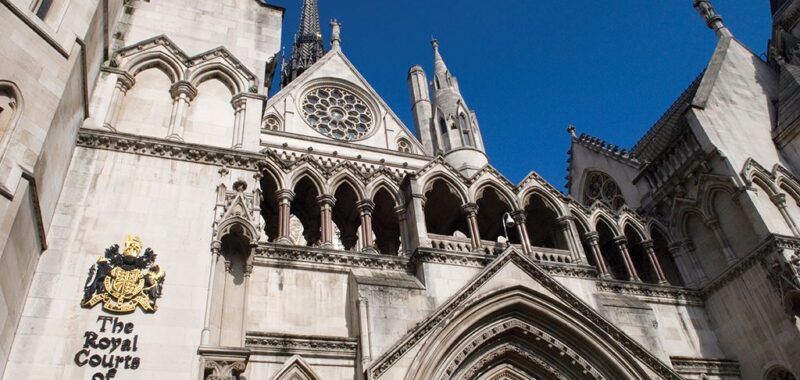A court case that could create a ‘two strikes and you’re out’ precedent on late payments is set to head to the Supreme Court.
In August, a Court of Appeal judge ruled that contractor Providence Building Services Ltd was within its rights to terminate a contract with Hexagon Housing Association Ltd (Hexagon).
Hexagon had failed to pay the invoice on time, after only paying a previous bill following the issuance of a default notice.
The housing association has now received permission to appeal to the Supreme Court over the decision, which arose from a JCT contract between the parties for the construction of buildings in Purley, London, valued at £7.2m.
Lawyers for Hexagon previously warned that the ruling by the Court of Appeal could usher in a new ‘two strikes and you’re out’ regime, and could make it easier for contractors to back out of unprofitable projects.
The Court of Appeal had overturned a previous ruling that found Providence was wrong to terminate the contract over the repeated late payments.
In August, Mark London, a partner at Devonshires who represented Hexagon, warned that the Court of Appeal ruling would “introduce a significant risk to employers everywhere”, and that it had instituted a new ‘two strikes and you’re out’ regime.
He warned that, if a client missed two payments, it could lead to contract termination, even if the previous late payment had been resolved.
“This will be a potentially powerful tool in the armoury of a contractor that wishes to exit an unprofitable project,” he said.
In response to the Supreme Court hearing announcement, London said today that he was “grateful to the Supreme Court for granting permission to appeal on this important matter for the construction sector”.
Kerry Heath, development and sales director at Hexagon, said: “We are pleased to have been granted permission to appeal by the Supreme Court and look forward to seeing a conclusion to this ongoing dispute.
“In the meantime, we remain focused on completing the affected project, which will provide 37 much needed affordable homes for rent.”
The Supreme Court hearing does not yet have a date, but is expected to take place in 2025.

